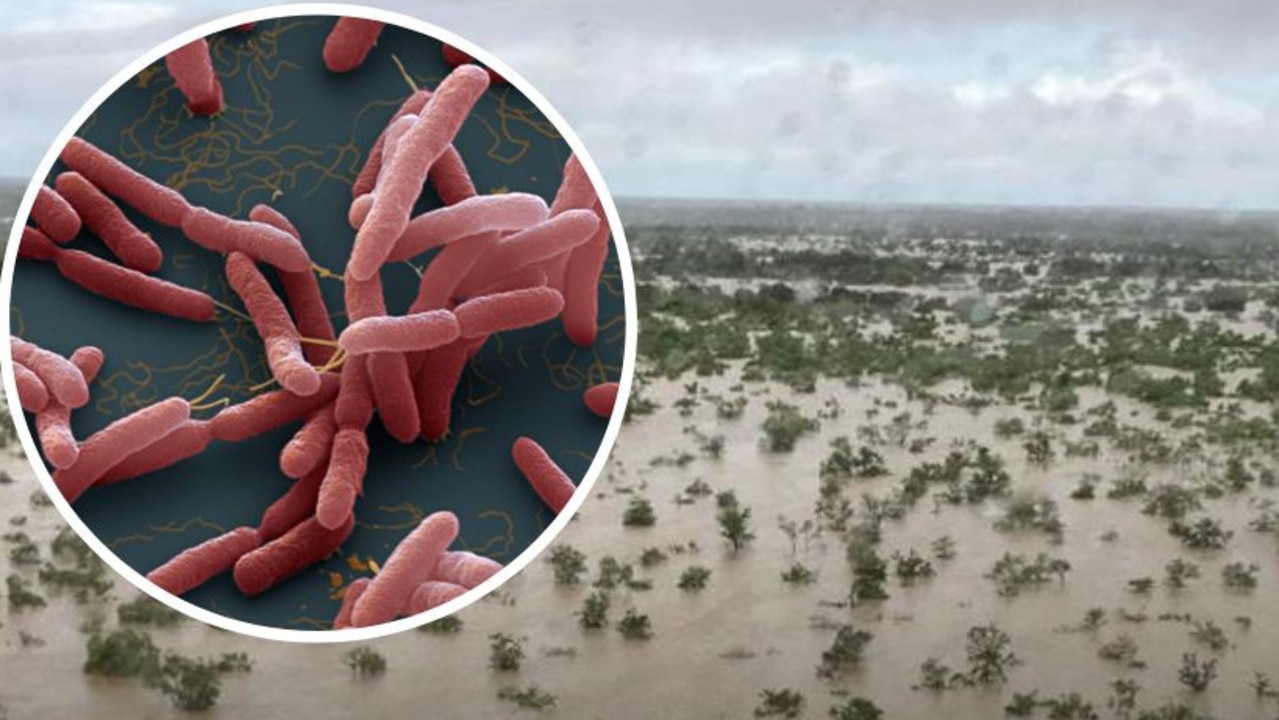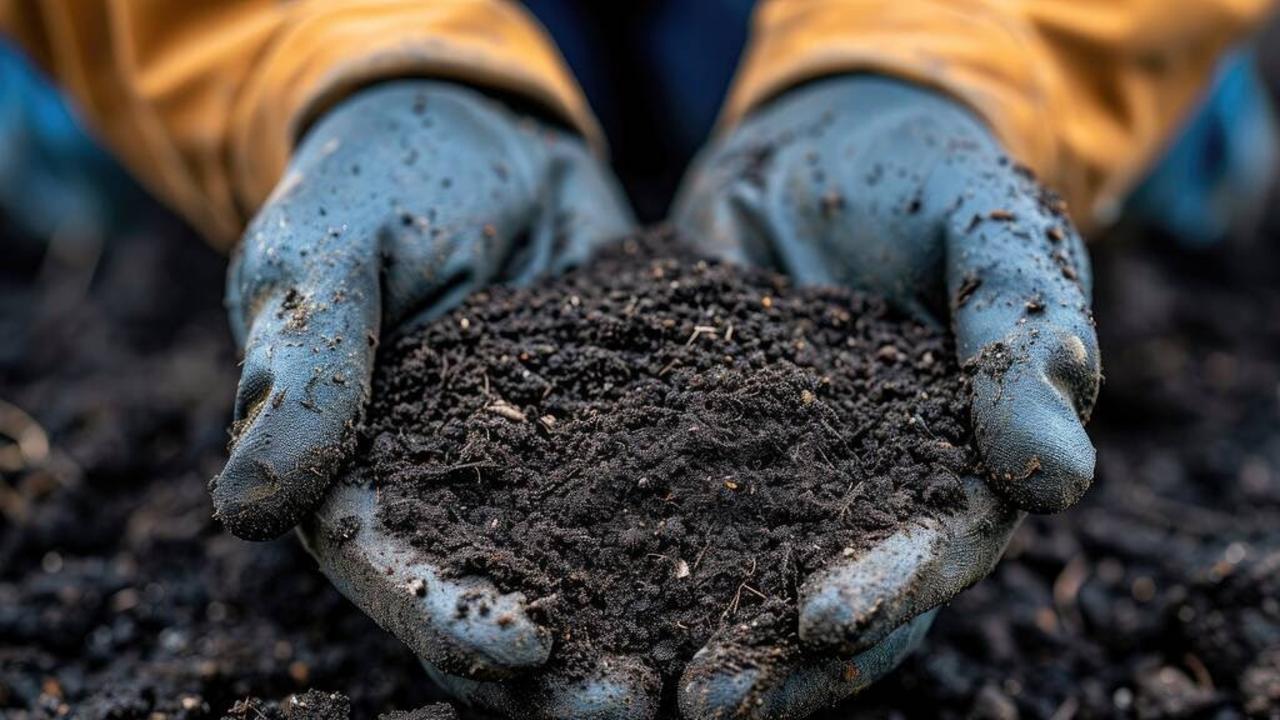Melioidosis: NT WorkSafe alert as Darwin landscaper contracts melioidosis, third person dies
NT WorkSafe has issued a warning for workers to be alert to the dangers of melioidosis, a life-threatening tropical disease, after a Darwin landscaper became gravely ill from contracting the bacteria.

Northern Territory
Don't miss out on the headlines from Northern Territory. Followed categories will be added to My News.
NT WorkSafe has issued a warning for workers to be alert to the dangers of melioidosis, a life-threatening tropical disease, after a Darwin landscaper became gravely ill from contracting the bacteria.
On January 23, a worker at a Darwin landscaping company was reported to have been diagnosed with melioidosis after attending hospital due to persistent back pain, the workplace health and safety regulator said in a statement.
“Initial enquiries indicate the worker was completing gardening work days prior to being diagnosed,” NT WorkSafe said.
“However, due to the delay in symptoms, the exact location where the worker may have contracted the disease cannot be confirmed.
“The worker commenced appropriate medical treatment, which includes ongoing intravenous antibiotics.”
It was not immediately clear whether the worker was admitted to hospital, whether he has been discharged, and what his current condition is.

Melioidosis is a serious disease caused by Burkholderia pseudomallei bacteria, commonly found in tropical soils and water.
In the Northern Territory, cases of melioidosis usually occurs during the wet season (October to April), when heavy rainfall can bring the bacteria up into surface water and soil.
This bacteria can cause infection when it enters a person’s body through skin cuts and sores or through inhalation of dust or droplets.
Workers exposed to an environment where the bacteria may be present are at risk of contracting melioidosis, which can be fatal if not treated immediately.
Workplaces whose employees typically work outdoors should provide PPE such as glasses, ear protection, respirators, gloves and appropriate footwear, provide workers with adequate washing facilities, and encourage skin checks for cuts and abrasions before carrying out high-risk work, NT WorkSafe said.
According to figures provided by NT Health, three people have died and 27 people have contracted melioidosis since the start of the wet season.
The Territory typically sees about 50 cases each year.
Two dead as killer disease rises from the soaking Territory soil
Earlier, February 2: NT Health is reminding Territorians to be vigilant of the threat of melioidosis, with two lives already claimed this wet season.
Since the wet began on October 1, there have been 22 reported cases of melioidosis, including two deaths.
Six cases were reported in the past week.
Melioidosis is a disease caused by the bacterium Burkholderia pseudomallei, which is usually found deep in tropical soil and water.
It kills about 10 per cent of those it infects and there is no vaccine against the disease.
Heavy rains bring the bacteria to the soil and water surfaces, where it can become airborne and inhaled through dust and droplets, or enter the body through cuts and sores.

Dr Vicki Krause, director of NT Health’s Centre for Disease Control, said about 16–18 of the cases had come since the monsoon broke in January with additional cases expected, as melioidosis symptoms do not show until up to 21 days after exposure and infection.
“This disease follows the heavy rains,” Dr Krause said.
The most common presentation, Dr Krause said, is pneumonia with symptoms of fever, cough, and shortness of breath, followed by abscesses that, in males, often affect the prostate.
It can also cause non-healing skin abscesses or ulcers.
Dr Krause said the most common way of being infected is through the skin, so it is vital to “keep the skin intact” and implement protective measures such as wearing shoes and work or gardening gloves.
If cuts or abrasions do occur, they should be cleaned well and dressed.
Last wet season there were 87 confirmed cases of melioidosis – well above the average of 50 – which left six people dead.
Those who are immunocompromised and suffer from the likes of diabetes, renal or lung disease or cancer are more susceptible to catching melioidosis, as well as the elderly and heavy drinkers.
NT Health has listed a number of precautions that Territorians can take to avoid the deadly bacteria that cause the disease:
– wear covered waterproof footwear when outdoors.
– wear gloves while working in the garden or a soil-based environment
– wash then cover sores and abrasions with waterproof dressings
– wear a face mask while using high pressure hoses around soil and paths
– stay indoors during heavy wind and rain
– seek medical attention early.
Anyone concerned about having melioidosis symptoms should visit their local GP, clinic or hospital.
More Coverage
Originally published as Melioidosis: NT WorkSafe alert as Darwin landscaper contracts melioidosis, third person dies








